There are some Italian words you can guess at, like centro for “center,” ristorante for “restaurant,” or words that you have heard around, like piazza (town square). Other Italian nouns are less “guessable.” Here are some need to know Italian nouns that don’t necessarily mean what you think they might mean. Some words you need to know how to say. Others, you need to understand when someone says them to you.
You might be lucky enough to go on a trip to Italy. Here are some need to know Italian nouns.
Once you arrive, you may be traveling by car, by plane, by train, or by bus.
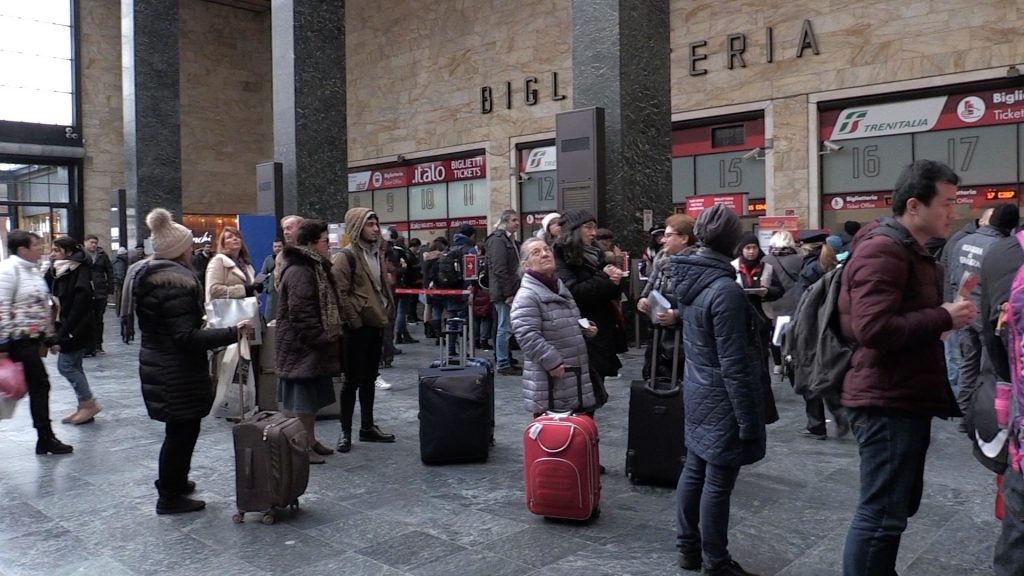
To take a bus or a train, you’ll need to buy un biglietto (a ticket). You buy the ticket at the biglietteria. Self-service machines speak English!
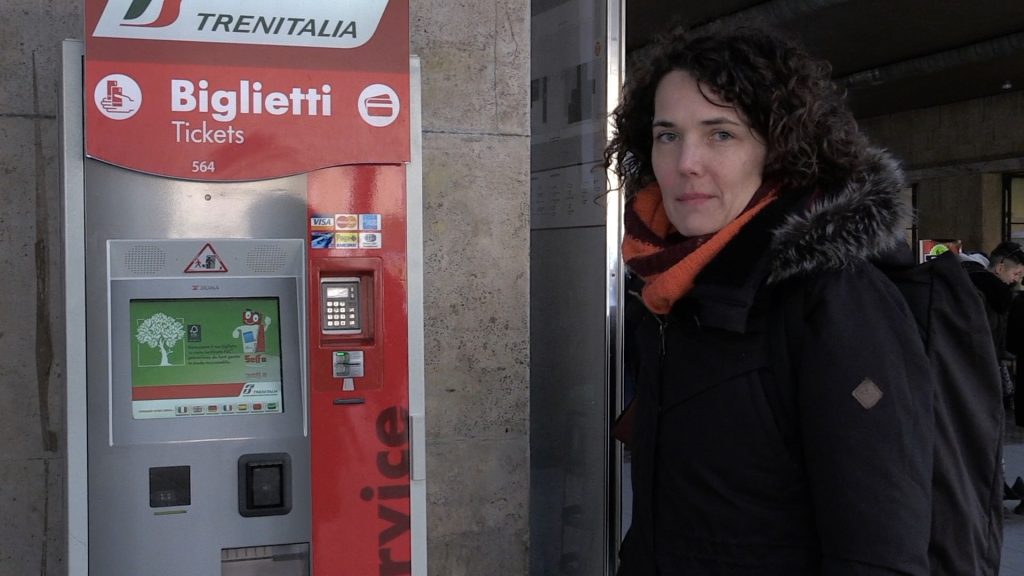
Want to rent a car? Then the noun is auto. It stands for automobile (with the accent on the second O). You look for autonoleggio (car rental).
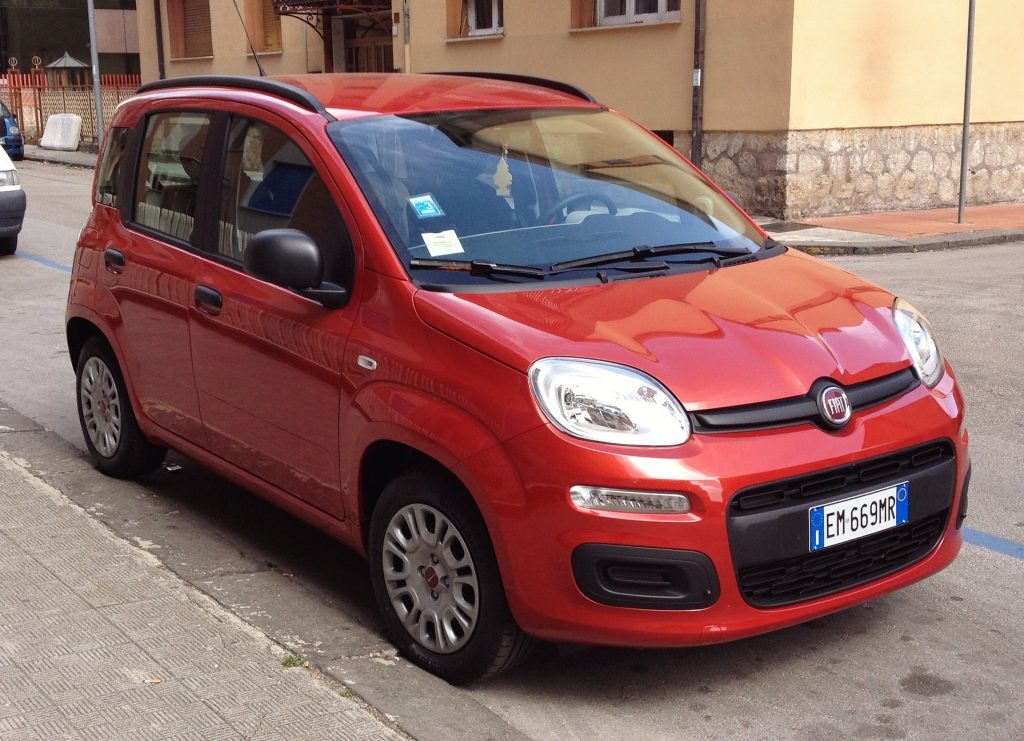
Normally, when referring to cars, Italians use the word macchina, which looks like “machine,” and also means “machine.” But when you’re talking about cars, macchina means car.
You need money when you travel: L’euro: a need to know Italian noun.
You will need some euros. In Italian, euro is always in the singular, so that’s easy. You’ll also need contanti (cash). Contanti is always in the plural! Where can you get your euros? At the bancomat (ATM machine). Il bancomat is where you withdraw cash, but il bancomat is also the generic name for a debit card.
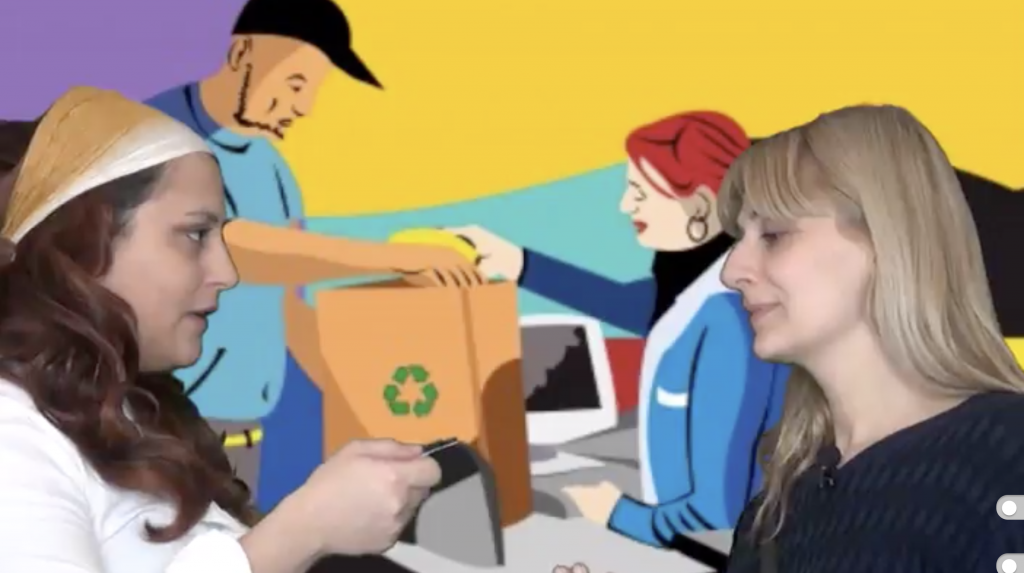
Credit card or debit card?
And if you are paying in cash, you might need some spiccioli (small change) which can include, for example, a 5 euro banconota (bill) or della moneta which means coins. If you use the bagni pubblici (public bathrooms), or want to leave a tip, you will need moneta or spiccioli.
Where do you pay? This is an Italian noun you need to know. La cassa.
La cassa is where you pay. The check out counter, the cash register. You hold up you euros. A commessa (salesperson) will say: Si paga alla cassa. Pay at the check out counter.
Fun fact: Many Italians think that the English word for where you pay is “cash.” “Pay at the cash.” Cassa sounds a bit like cash. They often mean say “the cash register” or “check out counter.”
Finally, you might want to make a bit of conversation with someone. A typical subject is il tempo (the weather).
Che tempo fa oggi? What’s the weather like today?
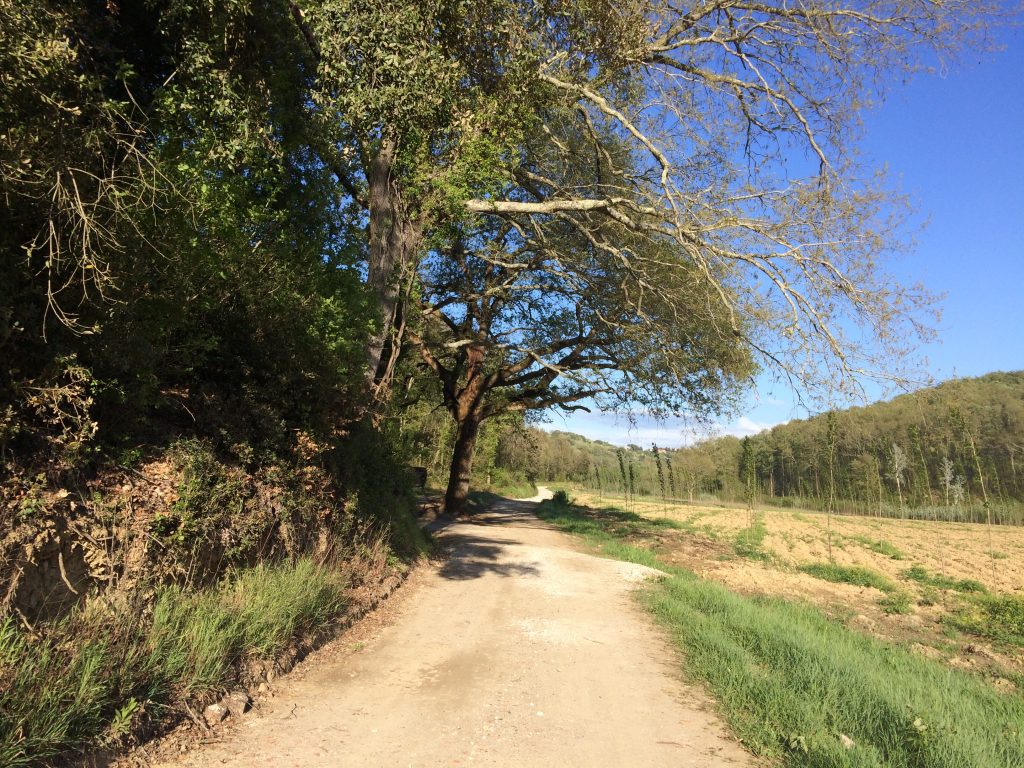
Nice weather, huh?
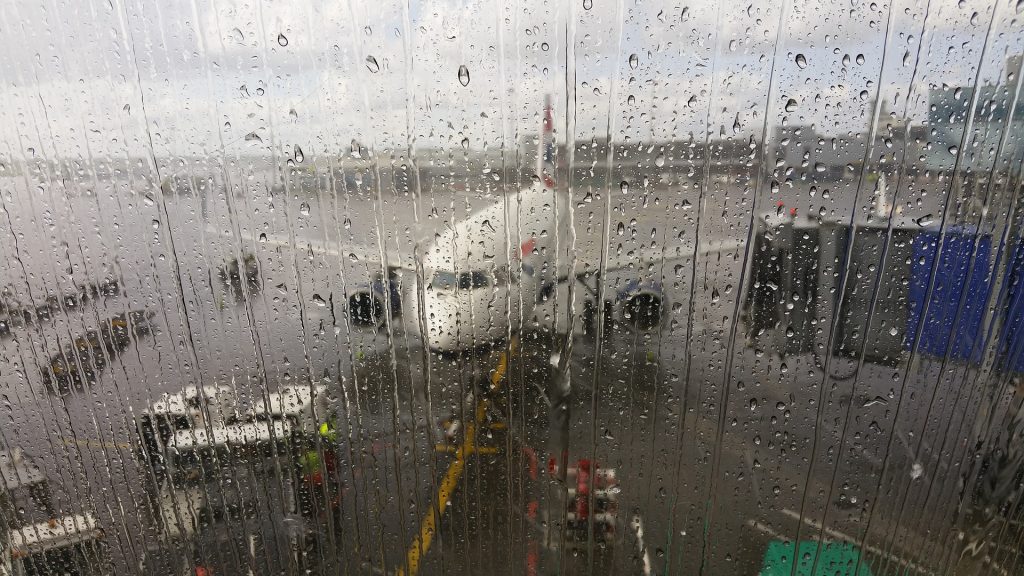
What horrible weather!
Tempo sounds like it should mean “time” and, as a matter of fact, it does! Non ho tempo (I don’t have time). If you want to ask for the time, however, you need the Italian noun for “hour”: L’ora. As you see below, time is expressed in the plural.
Sai l’ora? Do you have the time?
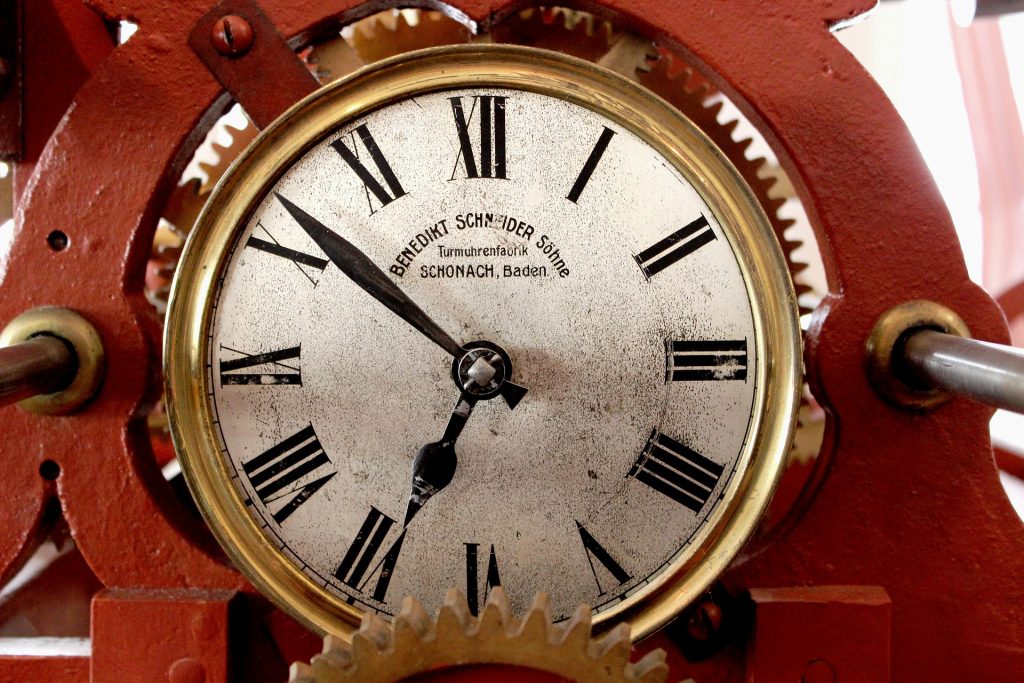
It’s about ten to seven.
You will want to say hello and goodbye to someone, for sure. Here are 2 need to know Italian nouns.
When we greet someone we use the noun il giorno (the day). Buongiorno. (Good morning, hello.)
When we say “goodbye,” we use a different word for day. This time, it’s about the arc of time covering the day. Buona giornata. (Have a good day).
The difference between giorno and giornata is subtle, but for now, just remember giorno goes with hello and giornata goes with goodbye.
We also use giornata to talk about il tempo (the weather).
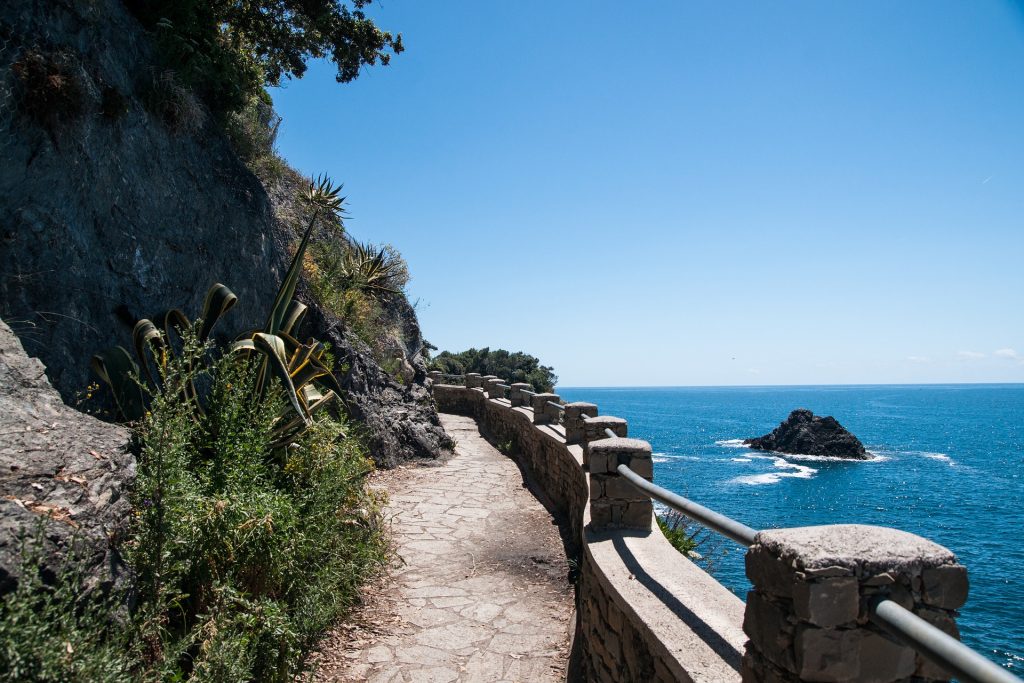
What a beautiful day!
See and hear how native Italians say use other important words by going over to yabla.com and subscribing to the vast library of videos: original content of various kinds, TV shows, movies, documentaries and more. There are some free videos too, so you can see how it works. Speaking of “free,” check out the free Italian lessons available on Yabla.
In addition to films, music, and documentaries, Yabla has some classroom lesson videos for learning Italian, too. See Yabla’s teaching style in this free video.
